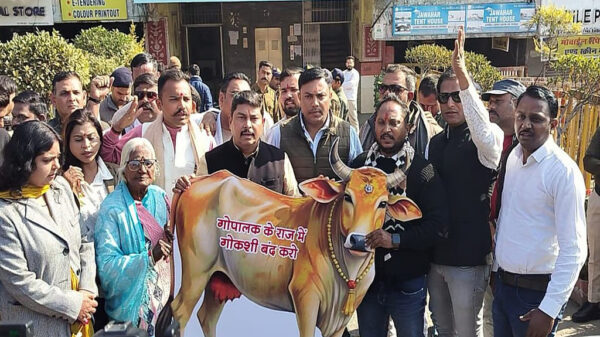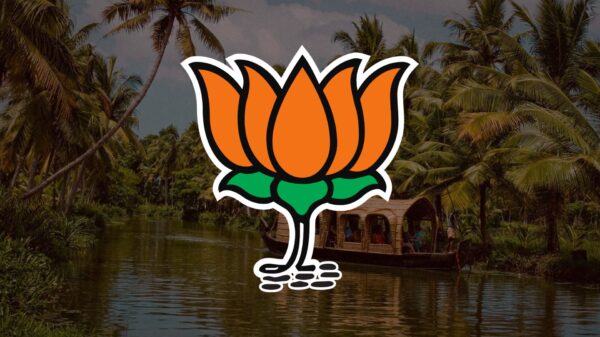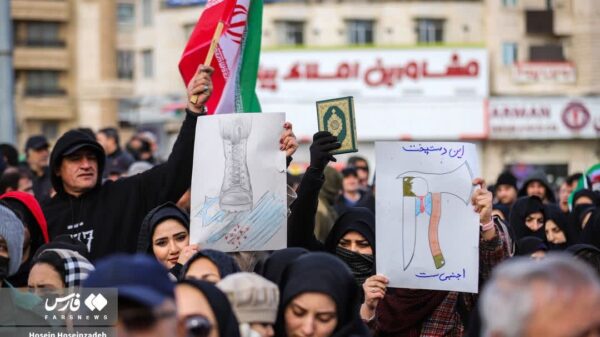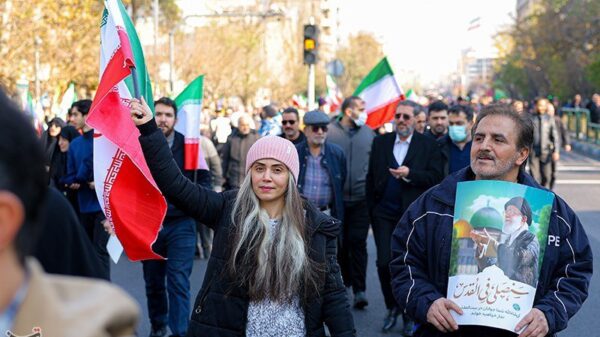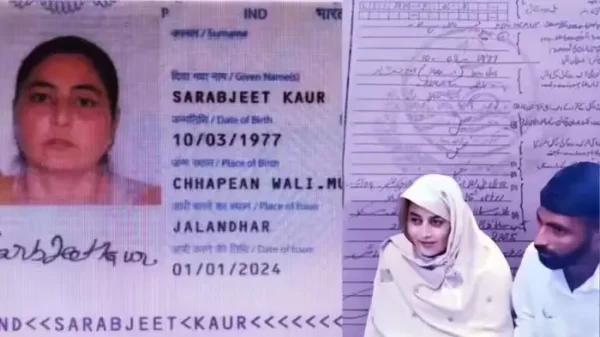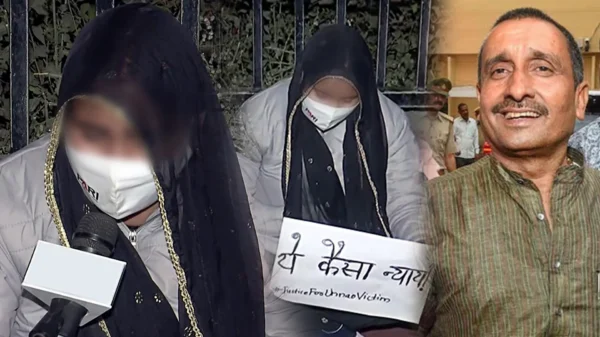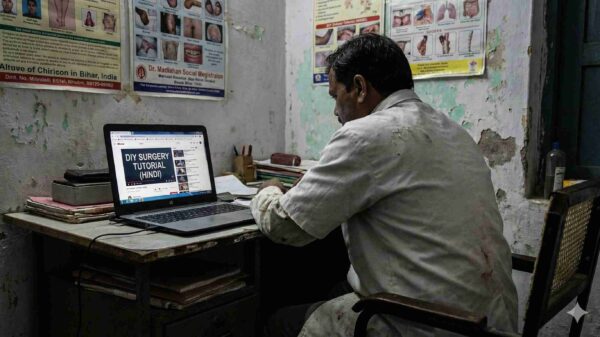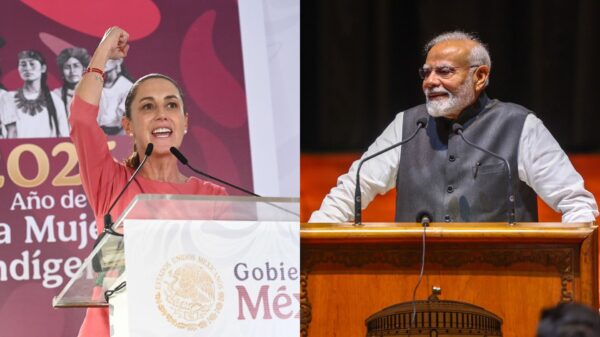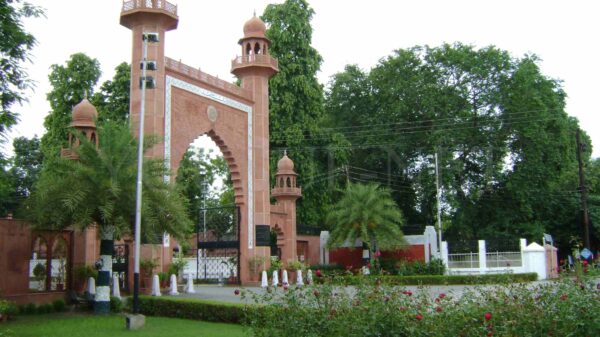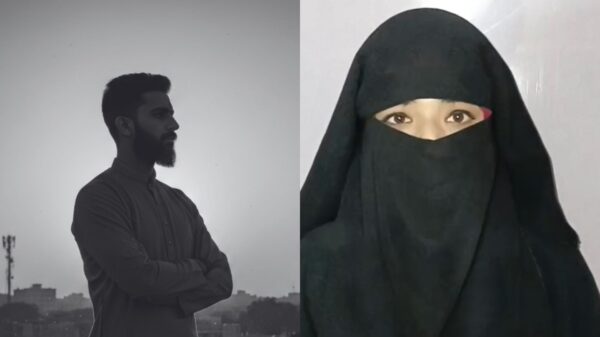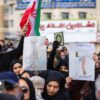India’s External Affairs Minister S. Jaishankar described the April 22 Pahalgam attack as an “act of economic warfare” aimed at destroying Kashmir’s vital tourism industry and provoking communal violence. Speaking at an event hosted by Newsweek in Manhattan, Jaishankar said that India is resolved to respond firmly to “terrorism emanating from Pakistan despite the threat of nuclear blackmail”.
“The attackers asked people to identify their faith before killing them,” Jaishankar said, highlighting the sectarian intent behind the attack. “We decided that terrorists cannot be allowed to operate with impunity, even if they are across the border.”
Jaishankar detailed India’s retaliatory Operation Sindoor, which targeted ‘terror infrastructure in Pakistan and Pakistan-occupied Kashmir after the Pahalgam attack killed 26 civilians.” He said that terrorist organizations operate openly in populated Pakistani towns and receive state support.
“We will not tolerate impunity for terrorists, nor allow the government that supports them to escape accountability. We will not yield to nuclear blackmail,” he declared amid applause.
Jaishankar also inaugurated an exhibition at the U.N. titled ‘The Human Cost of Terrorism,’ underscoring India’s position that terrorism is a global threat no country should sponsor or use as a policy instrument.
Reflecting on decades of cross-border terrorism since 1947, Jaishankar referenced major attacks including the 2001 Parliament and 2008 Mumbai attacks, reinforcing India’s long struggle against terror proxies.
Answering questions on U.S.-India trade relations, Jaishankar dismissed concerns that conflict with Pakistan has affected negotiations, describing Indian trade officials as professional and focused.
He also recounted India’s firm response to Pakistan’s massive assault in May 2025, noting that Prime Minister Narendra Modi rejected Pakistani threats and signaled retaliation, leading to quick Indian military action and subsequent Pakistani readiness for dialogue.






